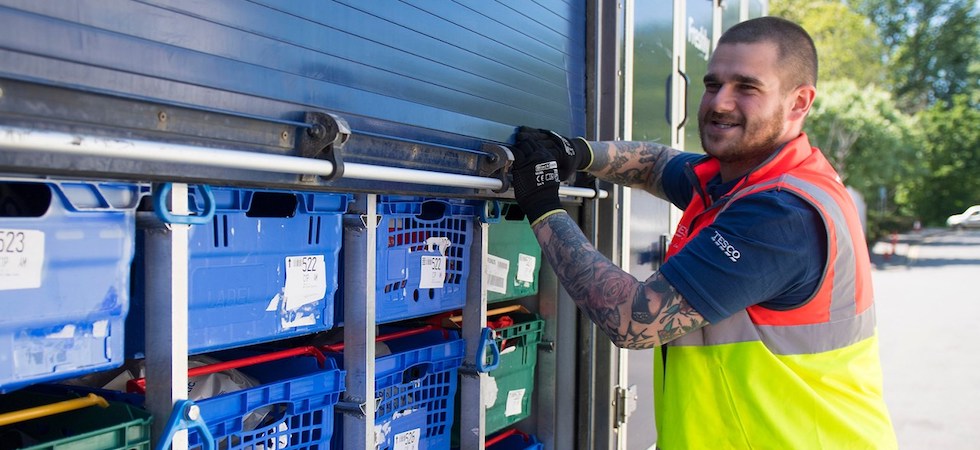Tesco has called on the food industry to take “collective action to achieve transformative change” as part of its climate manifesto ahead of this year’s COP26 Climate Change Summit in Glasgow.
The retailer has identified five areas of focus where it can make the most difference, including cutting absolute emissions from energy, supporting the UK’s transition to electric transport, tackling food waste, supporting the sustainable production of food, and helping customers eat healthy, sustainable diets.
Tesco CEO, Ken Murphy, stressed the need for both efficiency improvements and cutting-edge innovation if the retailer, and the wider food industry, is to meet its climate change targets.
He said: “In this critical decade for tackling climate change, it’s vital we challenge ourselves to be more ambitious in our aims and accelerate progress against them. At Tesco, we’re playing our part by creating a better basket for our customers and the planet.
“Retailers and their supply chains have a critical role to play in tackling the climate crisis by reducing emissions and ensuring the food on our plates doesn’t drive nature loss at home and overseas.”
“No one business can tackle these challenges alone. We must take collective action as a food industry to drive the transformational changes necessary to meet the UK’s climate commitments.”
Tesco has vowed to continue its work to reduce emissions in its own operations, including switching to renewable energy across all its operations by 2030.
The supermarket is also planning to launch its first fleet of 30 electric home delivery vans, switching to a fully electric delivery fleet by 2028.
In 2018, Tesco launched a ground-breaking partnership with World Wild Fund for Nature (WWF) to halve the environmental impact of food, and tackle some of the biggest issues connected to food production, including climate change.
Commenting on Tesco’s climate change commitments, Tanya Steele, CEO of WWF said: “Our global food and farming systems are a major cause of nature’s decline. Retailers and their supply chains have a critical role to play in tackling the climate crisis by reducing emissions and ensuring the food on our plates doesn’t drive nature loss at home and overseas.
“If we are to safeguard our future and limit warming to 1.5 degrees, we must transform the way we produce and consume food. This new manifesto from Tesco, outlining the actions it is taking to address these systemic issues, is a positive step towards the UK’s transition to a net-zero future.”









